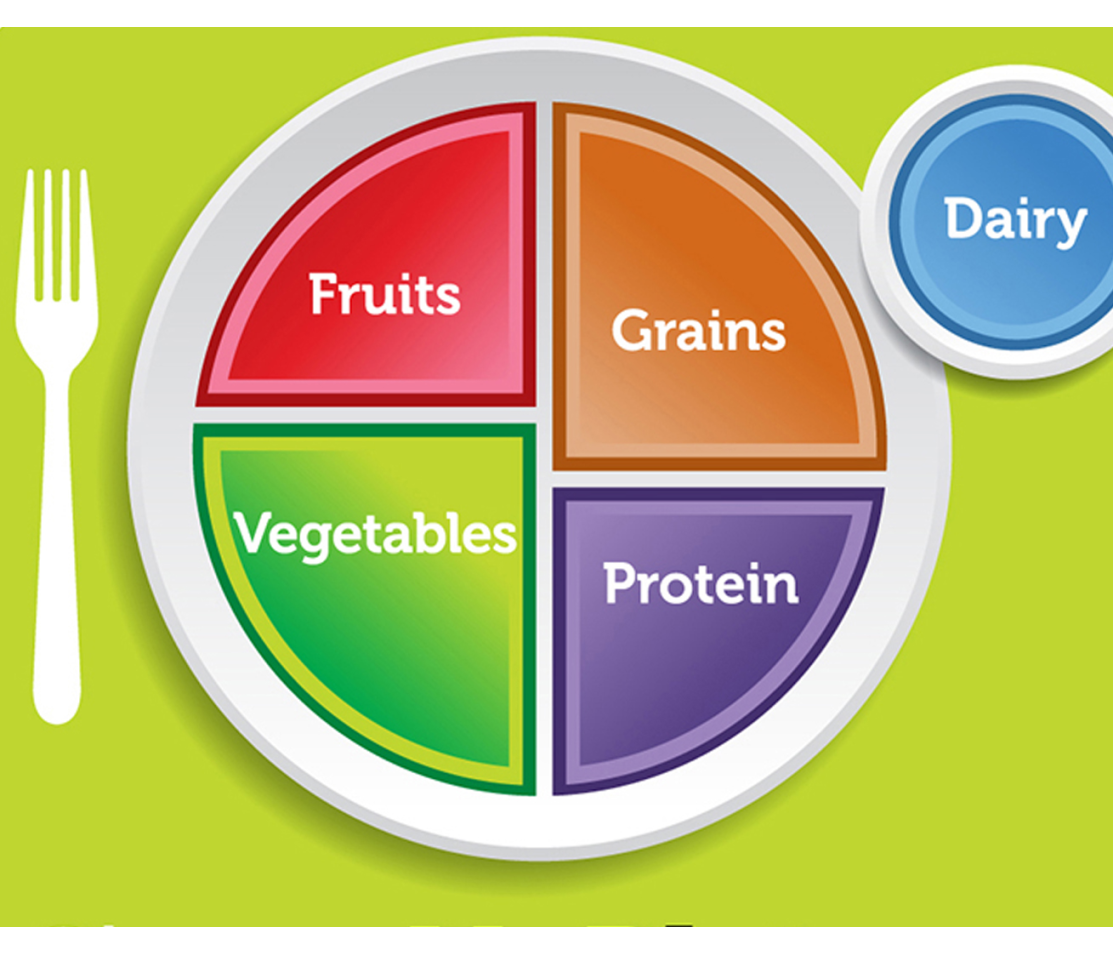The Role of Nutrition in Energy Flow
Explore the profound relationship between nutrition and energy flow in this comprehensive article. Learn about the energetic properties of food according to Traditional Chinese Medicine and Ayurveda, and discover the importance of a balanced diet for optimal energy flow. Delve into the role of hydration, mindful eating practices, and the potential impact of nutritional supplements on overall well-being. Uncover the wisdom of traditional systems to make informed choices that support a harmonious and vibrant energy state.
Introduction: The age-old adage "you are what you eat" holds profound truth when it comes to understanding the intricate relationship between nutrition and energy flow. In this article, we will explore how the food we consume influences the vitality of our body, the flow of energy within, and its impact on overall well-being.
Energetic Properties of Food: Traditional healing systems, such as Traditional Chinese Medicine (TCM) and Ayurveda, recognize the energetic properties of food. In these systems, foods are categorized based on their inherent nature, such as warming or cooling, and their impact on the body's energy balance. The goal is to consume a variety of foods to maintain a harmonious energy flow.
For example, warming foods like ginger and cinnamon in TCM are believed to invigorate the body's internal heat, promoting circulation and energy flow. In Ayurveda, the inclusion of warming spices like cumin and black pepper is thought to kindle the digestive fire, supporting the assimilation of nutrients and energy.
Balanced Diet for Optimal Energy: A well-balanced diet is essential for supporting optimal energy flow. This involves incorporating a variety of nutrient-dense foods that provide the body with the necessary vitamins, minerals, and energy sources. Whole grains, fruits, vegetables, lean proteins, and healthy fats contribute to a diverse and nourishing diet.
In traditional systems, balance is emphasized not only in terms of nutritional components but also in the energetics of the food. Balancing the flavors—sweet, salty, sour, bitter, and astringent—ensures a comprehensive and harmonious approach to nutrition. A balanced diet supports the body's ability to extract energy from food and distribute it throughout the system.
Nutritional Supplements: While obtaining nutrients from whole foods is ideal, there are instances where nutritional supplements may be beneficial to address specific deficiencies or support overall well-being. In the context of energy flow, certain supplements are believed to enhance vitality and balance.
For instance, in TCM, adaptogenic herbs like ginseng and astragalus are thought to support the body's adaptive response to stress, promoting overall energy balance. It's crucial to approach supplementation with caution and, ideally, under the guidance of a healthcare professional to ensure appropriateness and effectiveness.
Hydration and Energy Flow: Water, the elixir of life, plays a pivotal role in maintaining optimal energy flow. In TCM and Ayurveda, water is considered a vital element for supporting the flow of Qi and Prana, respectively. Staying well-hydrated is essential for ensuring that nutrients are efficiently transported, and waste products are eliminated, contributing to the overall balance of energy within the body.
Herbal infusions and teas are also embraced in traditional systems for their potential to support energy balance. Green tea, for example, is rich in antioxidants and is believed to have a cooling effect on the body in TCM, promoting a balanced energy state.
Avoiding Energy-Draining Foods: Just as certain foods are believed to enhance energy flow, others are thought to deplete it. Processed foods, excessive sugars, and highly refined carbohydrates are often considered in traditional systems as energy-draining and potentially disruptive to the body's equilibrium.
Incorporating mindful eating practices involves being aware of how different foods affect energy levels. Choosing whole, unprocessed foods and paying attention to portion sizes contributes to a more conscious and balanced approach to nutrition.
Conclusion: In conclusion, the role of nutrition in energy flow is a dynamic and integral aspect of holistic well-being. Recognizing the energetic properties of food, embracing a balanced diet, considering nutritional supplements when necessary, and staying well-hydrated are key elements in supporting the body's energy systems.
As we navigate the complexities of modern diets, incorporating the wisdom of traditional healing systems provides valuable insights into optimizing energy flow. Mindful eating, grounded in an understanding of the energetics of food, empowers individuals to make choices that not only satisfy nutritional needs but also contribute to a harmonious and vibrant energy state. In the symphony of health, nutrition plays a crucial melody, influencing the rhythm and flow of energy that sustains our vitality.



Comments
Leave your comment